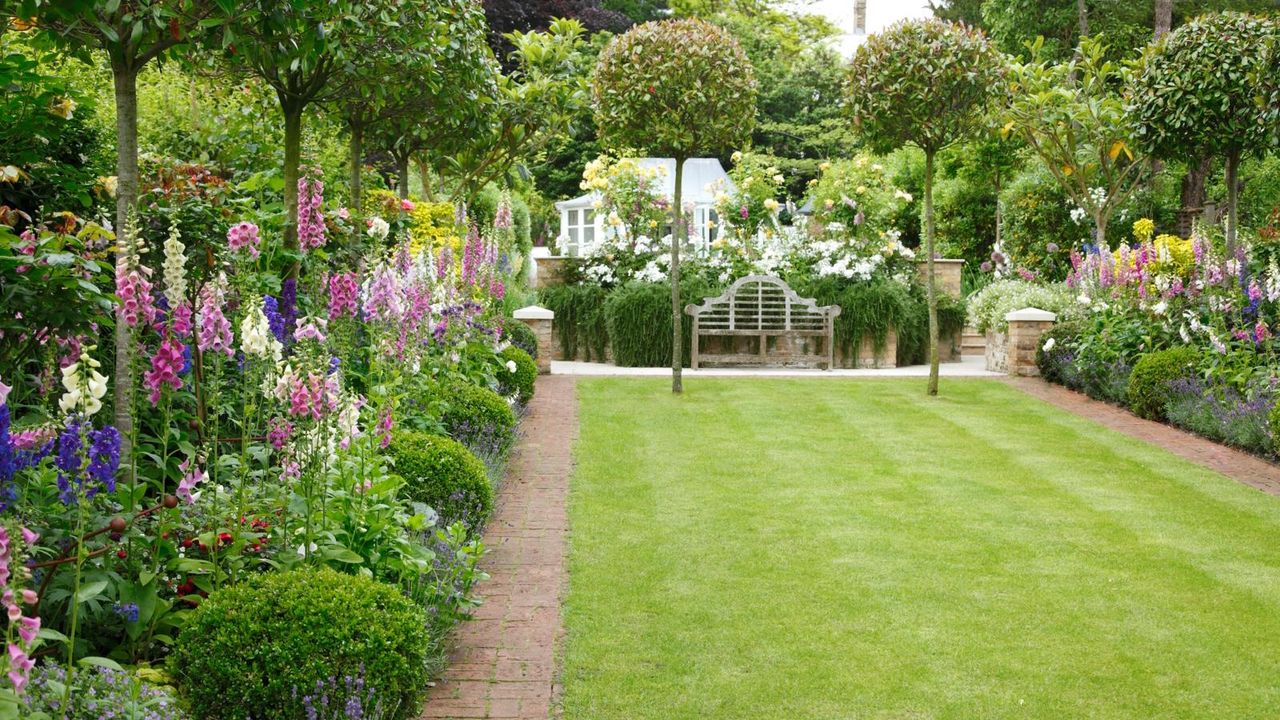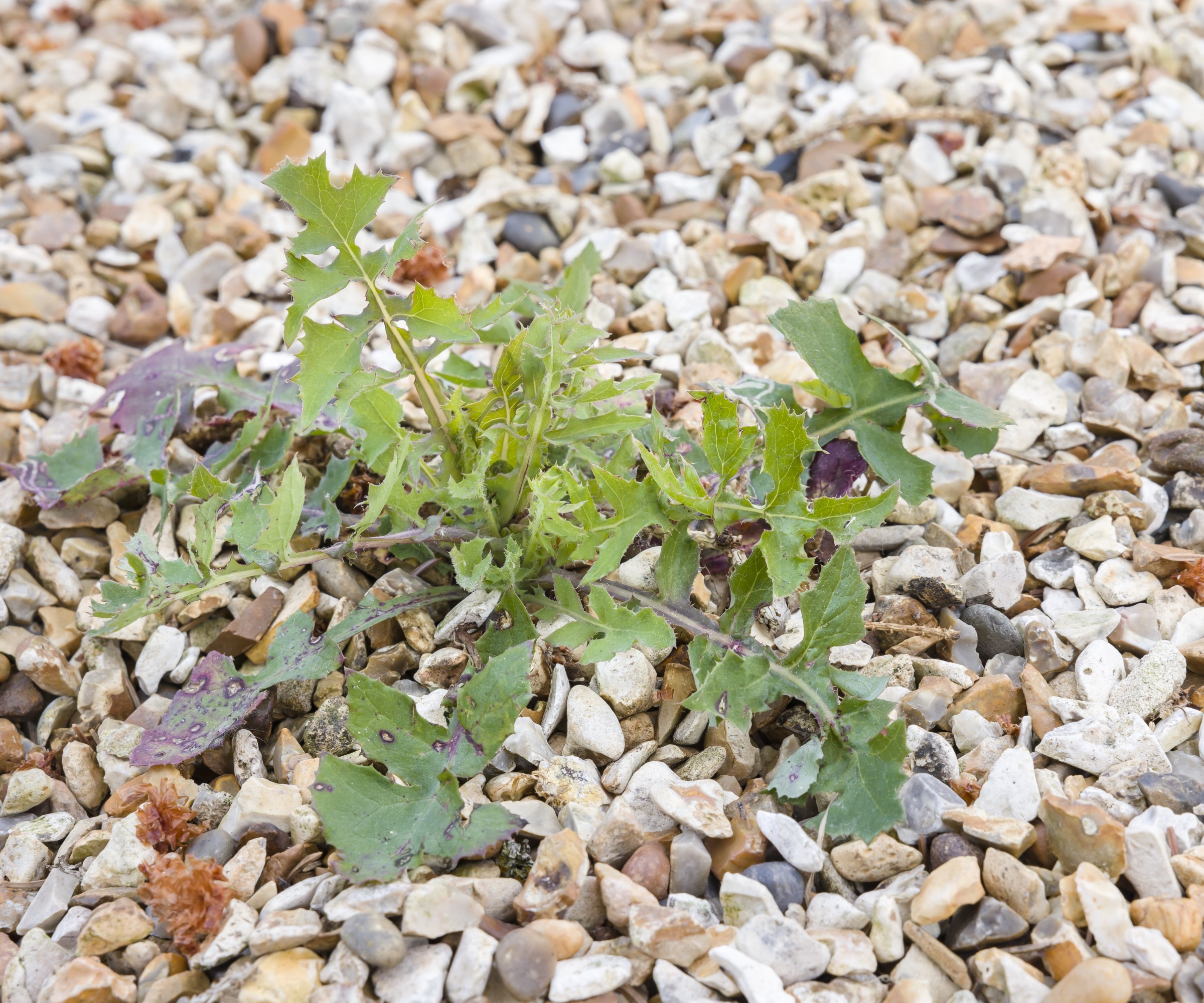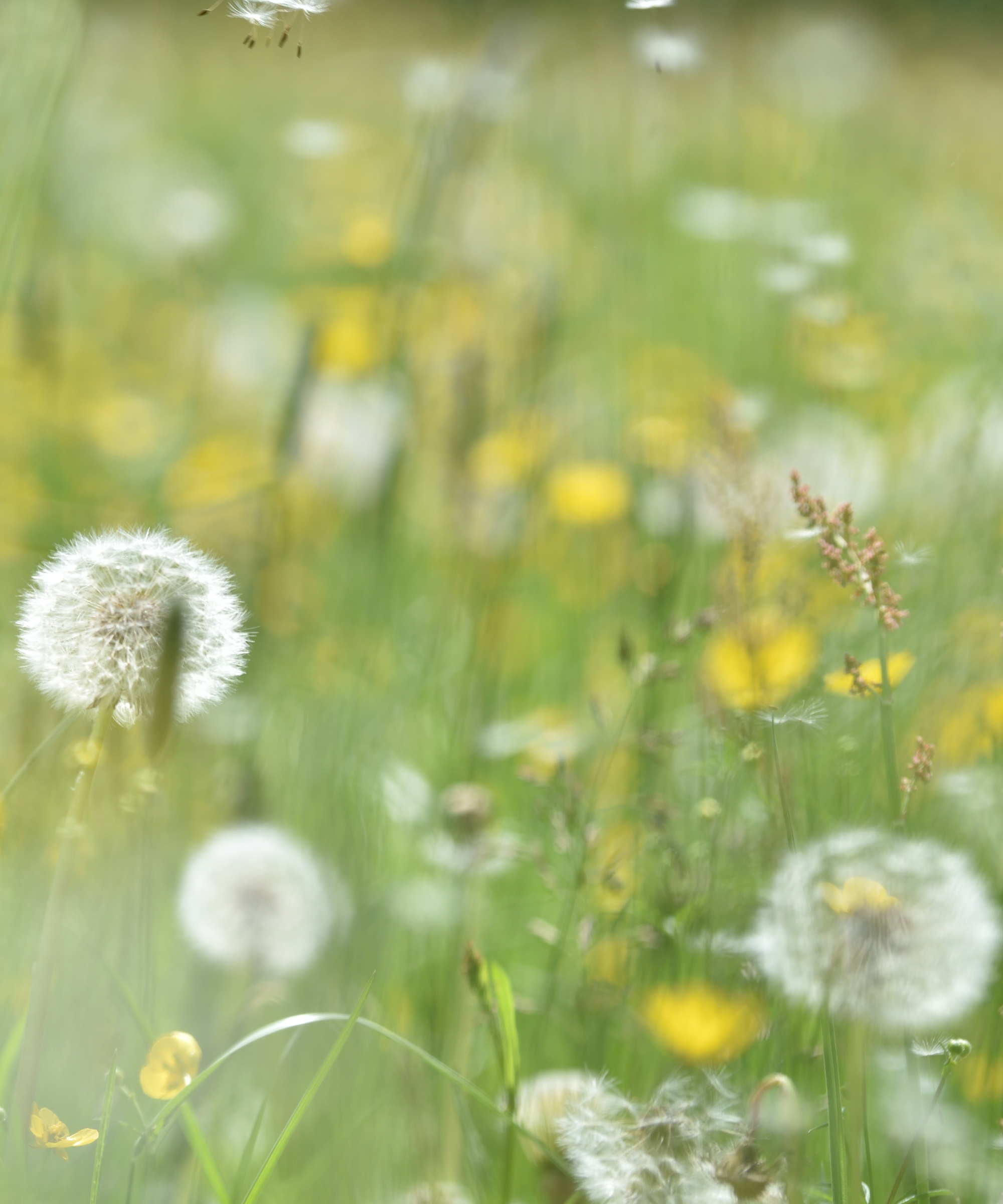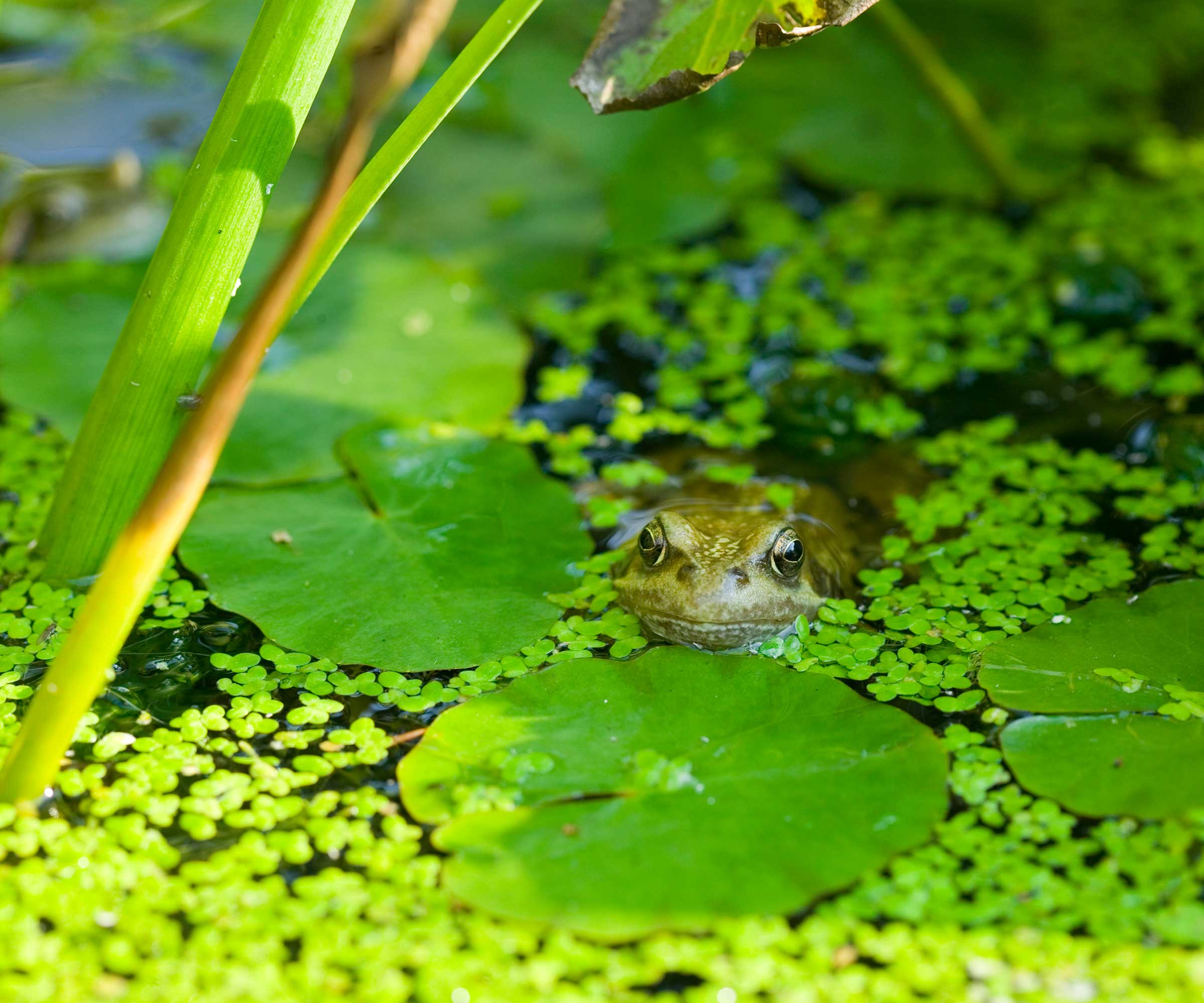
If your garden is being plagued by an onslaught of weeds, and you head to the internet for advice, you will often be met with the trite saying 'a weed is simply a plant in the wrong place,' and although slightly annoying advice, it has a lot of truth to it. Weeding organically is not just a more ecologically sustainable approach, but one that is, simply put, far better for your garden. This is little compensation, however, if a weed issue is getting out of control and nothing you use actually works.
So, how to get rid of weeds once and for all? If you are wondering if your household bleach could finally put an end to the war of the weeds in your garden, then you may have stumbled across advice online to mix bleach with water and spray it on your weeds to kill them once and for all. Well, yes. Bleach does kill weeds. In fact, it kills most things, since it is toxic to all living things. But the collateral damage of using bleach in your garden is immeasurable, often beyond repair.
Here is why you should never, ever, use bleach on your weeds and what you should do instead.

Does bleach kill weeds?
Bleach (sodium hypochlorite) is highly corrosive and toxic to all plants and microorganisms, even in extremely small doses.
So far, so bad. But to those gardeners haunted by an interminable invasion of weeds, this might sound like just the ticket to controlling unwanted vegetation.
The short answer is yes, bleach breaks down all organic material in its wake, and even the sturdiest of weeds will not survive a biocide like bleach.
Though you must ask yourself, at what cost?
What are the risks of using bleach to kill weeds?

Bleach is indiscriminate when it comes to killing organic matter. Yes, it will kill weeds, and do so very quickly and effectively, but it will also kill many other things in its wake, too.
Sodium hypochlorite dramatically alters the soil pH and wipes out the beneficial microorganisms that live in the soil. These microorganisms are crucial for the soil health in your garden, since they not only improve the physical structure of the soil, but they also release vital nutrients into the soil, which feed your plants.
Into the grave with the weeds go these beneficial microorganisms, leaving your soil, which essentially serves as a food resource for your beloved plants, decimated and empty. The knock-on effects of using bleach to kill weeds can be seen in the terrible state of your garden plants for several seasons.
If you use bleach to kill weeds on pathways, driveways, and patios, you run the risk of long-term surface damage, potentially costing thousands to replace.
The runoff of bleach, even in very small quantities, can make its way into water systems, too, and since bleach kills all aquatic life, the unintended ecological effects of using bleach to kill weeds can be disastrous.

So, even if it might be tempting to unleash the bleach, the memo is clear: bleach does not belong anywhere near outdoor spaces.
Instead, you can learn how to make weed killer from other inexpensive household items, for example, using salt to kill weeds works impressively well, or using vinegar to kill weeds mixed with some regular soap (I use pure castile soap available at Amazon), and it works tremendously well on those vexing little weeds in the cracks in paving.
Shop weeding essentials
Far better than deploying corrosive chemicals into your garden, using a simple tool like this is much safer and the most effective method of weed control. Every gardener should have one of these in their kit.
This is very powerful stuff that eliminates weeds in a handful of hours. Its so powerful you must wear rubber gloves and eye protection when using it, but its certified organic and a truly fantastic natural alternative to chemical herbicides.
Getting up close and personal with weeds and digging them out at the root is the best way to combat weeds. Though, if bending, pulling and kneeling is what puts you off this technique, then this is the tool you simply must buy. A fantastic old-school tool that makes weeding a dream.
It's always worth bearing in mind, too, that many plants actually stop the weeds from taking hold in the first place.
In areas where weeds are causing a nuisance, it's worth planting some plants to stop weeds, as well as ground cover plants, which will smother weeds and stop them from establishing.







